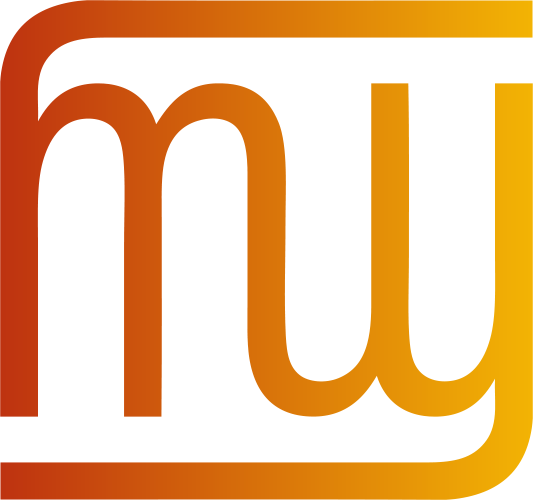 The W3C Internationalization (I18n) Activity works with W3C working groups and liaises with other organizations to ensure Web technologies work for everyone, regardless of their language, script, or culture.
The W3C Internationalization (I18n) Activity works with W3C working groups and liaises with other organizations to ensure Web technologies work for everyone, regardless of their language, script, or culture.
From this page you can find articles and other resources about Web internationalization, and information about the groups that make up the Activity.
Read also about opportunities to participate and fund work via the new Sponsorship Program.
What the W3C Internationalization Activity does
Selected quick links
Selected quick links
Selected quick links
New translation into German
Wer verwendet Unicode? (Who uses Unicode?)
This article was translated into German thanks to Stefan Schumacher.
New translation into Swedish
Vem använder Unicode? (Who uses Unicode?)
This article was translated into Swedish thanks to Olle Olsson, W3C Sweden.
Updated article: Who uses Unicode?
The article Who uses Unicode? was rewritten to reflect the fact that Unicode-encoded web pages now account for over 50% of the Web, as determined by Google.
Spanish and Polish and Brazilian Portuguese translators should consider retranslating the article.
The article was updated as follows:
- the title and some of the text was changed to reduce the emphasis on corporate sites
- the first paragraph was modified, and two paragraphs and a sidenote were added to the answer section
- substantial changes to the Further Reading section
Updated article: Two-letter or three-letter language codes
The article Two-letter or three-letter language codes was rewritten to replace mentions of RFC 4647 with BCP 47, and add new links to further reading.
Bulgarian, Greek, Spanish and Polish translators should consider retranslating the article.
The article was updated as follows:
- applied new template and added cite tags
- changed two paragraphs in the answer section
- substantial changes to the Further Reading section
New translation into Spanish
Introducción al sitio W3C I18n (Getting Started with the W3C I18n site)
This article was translated into Spanish thanks to the Spanish Translation Team, Trusted Translations, Inc.
New translations into Spanish
Sitios web monolingües versus plurilingües (Monolingual vs. multilingual Web sites)
Fechas y horarios (Dates and Time)
These articles were translated into Spanish thanks to the Spanish Translation Team, Spanish Translation US.
New translations into Romanian
Codificarea caracterelor pentru incepatori (Character encodings for beginners)
Setarea setului de caractere in .htaccess (Setting charset information in .htaccess)
These articles were translated into Romanian thanks to Claudiu Apetrei.
New translation into Romanian
Introducerea seturilor de caractere si a codificarilor (Introducing Character Sets and Encodings)
This article was translated into Romanian thanks to Sorin Velescu.
New translation into Brazilian Portuguese
Thanks to Maurício Samy Silva, the following article has been translated into Brazilian Portuguese.
Uso dos elementos b e i (Using b and i elements)
New translation into Romanian
Thanks to Sorin Velescu, the following article has been translated into Romanian.
Alegerea Tag-ului de Limba (Choosing a Language Tag)